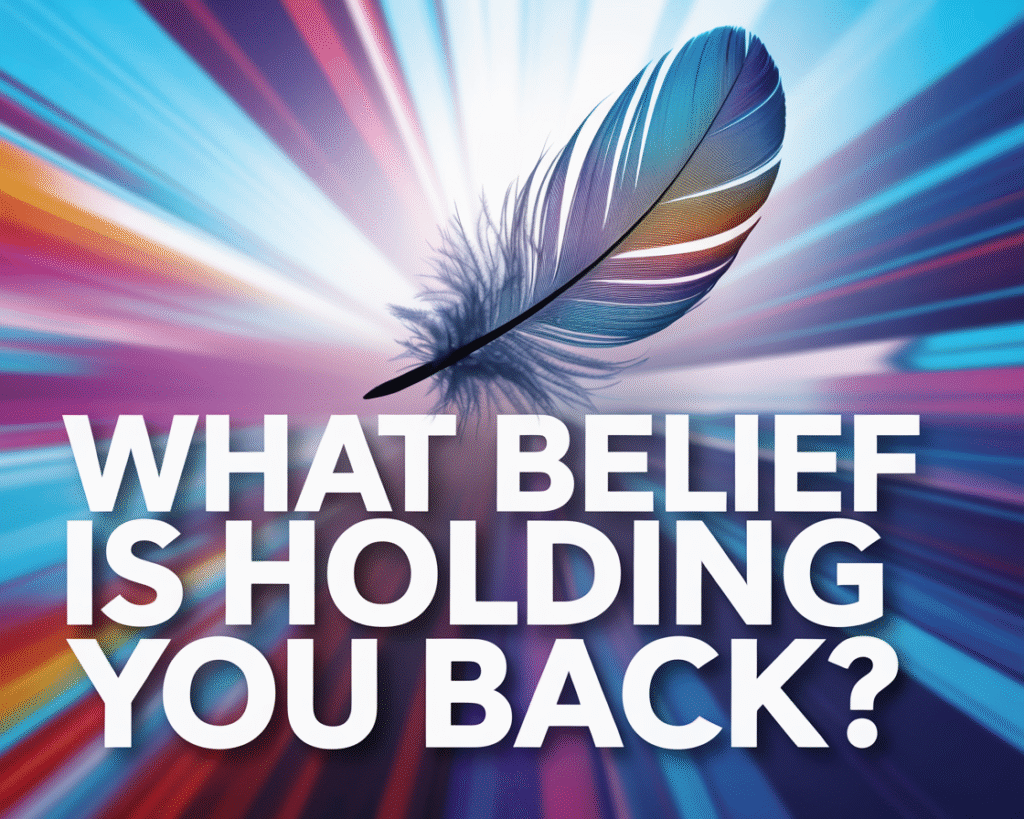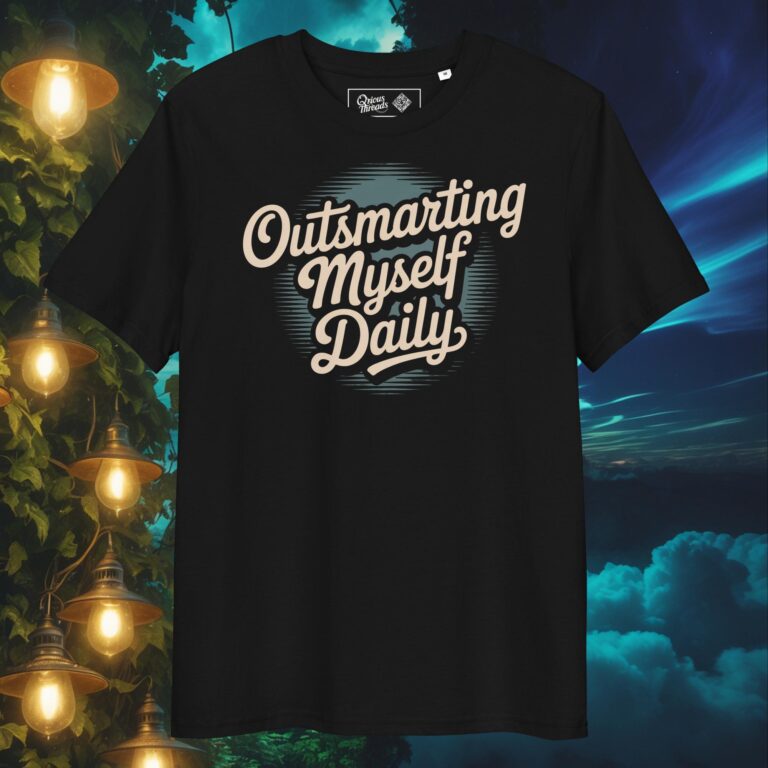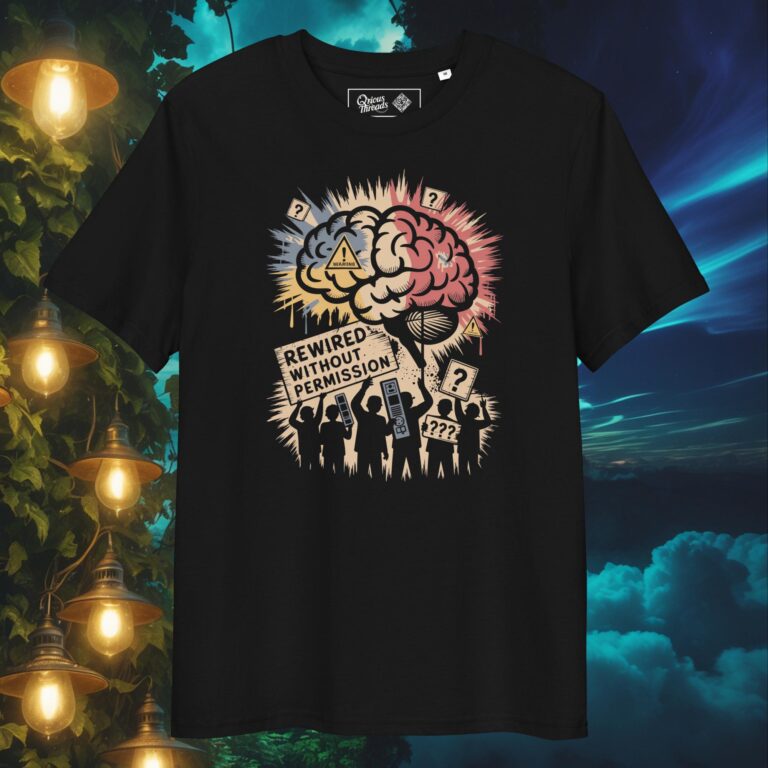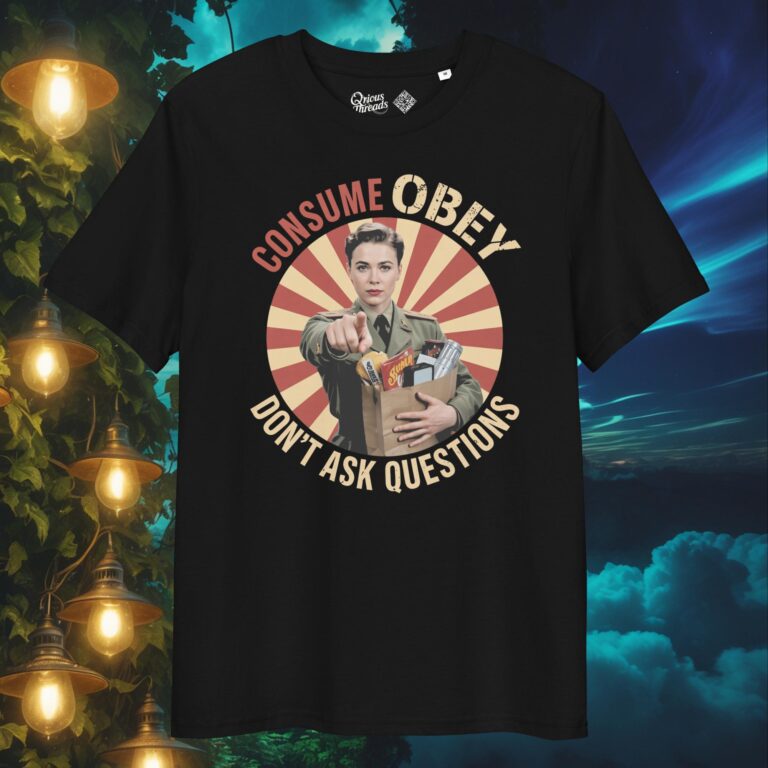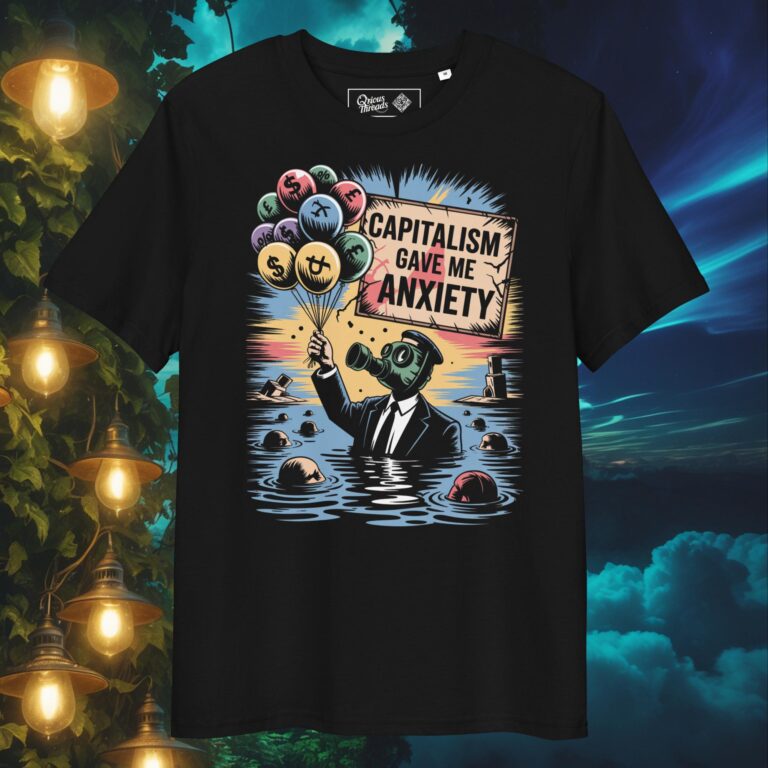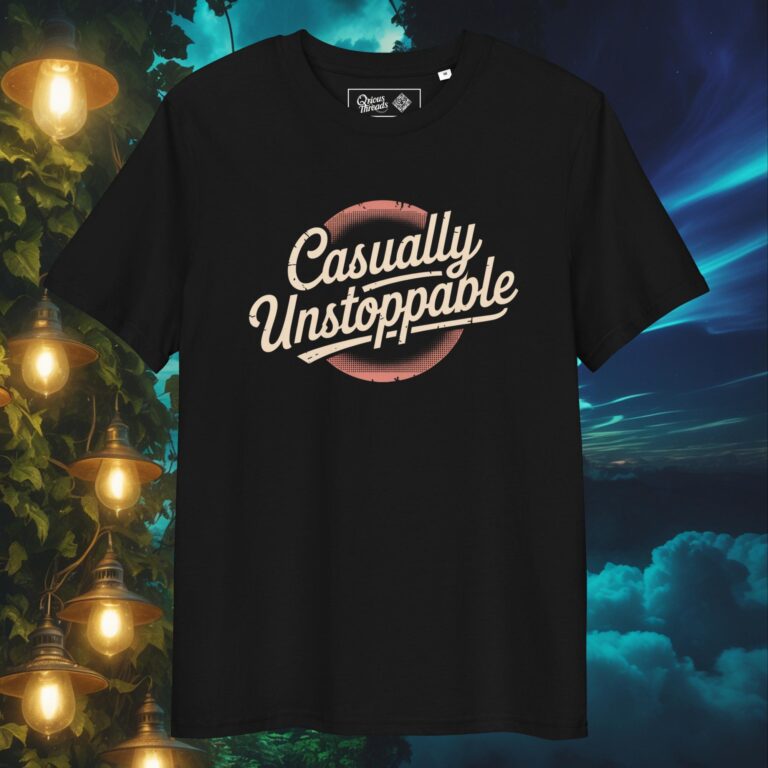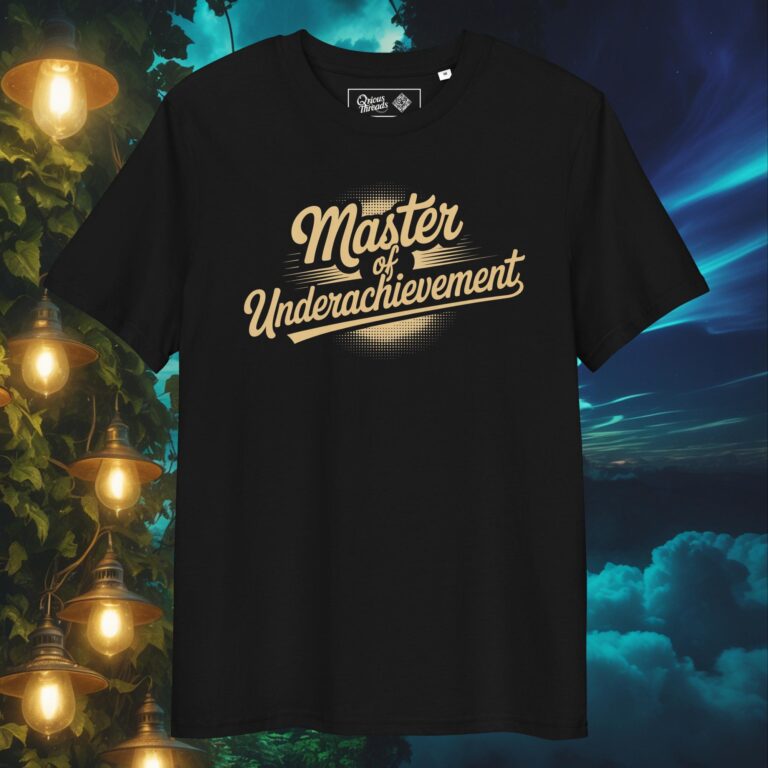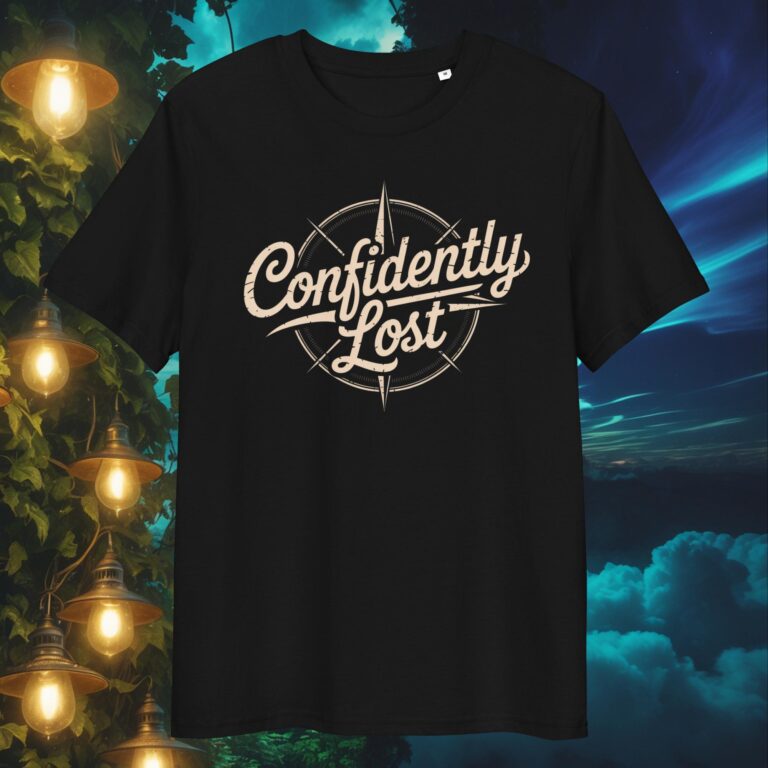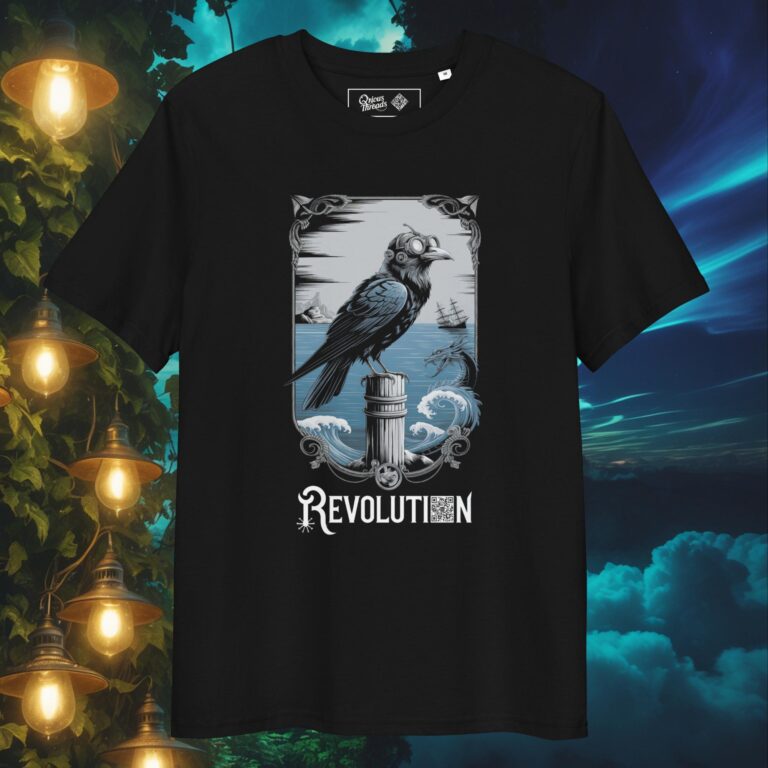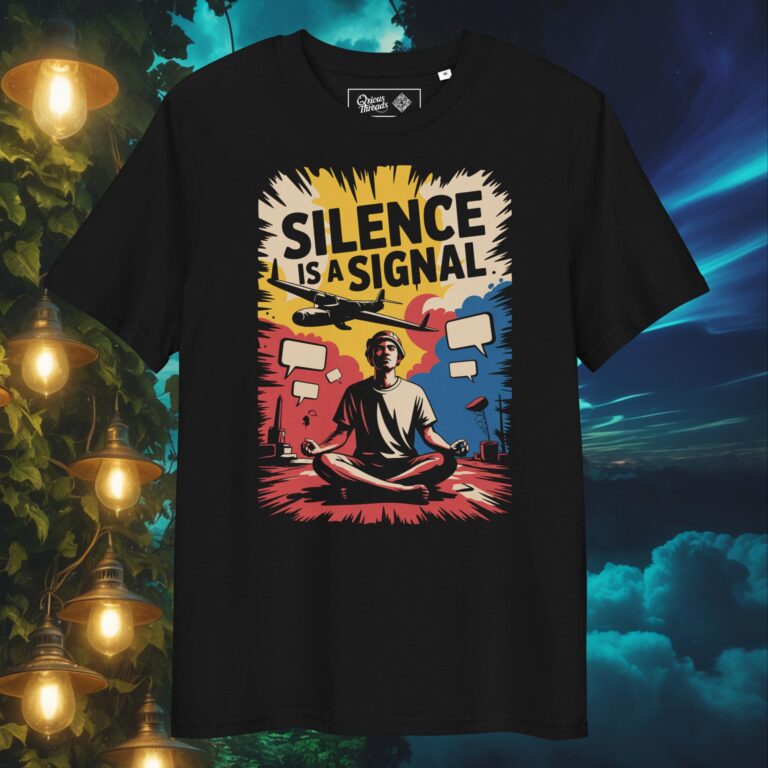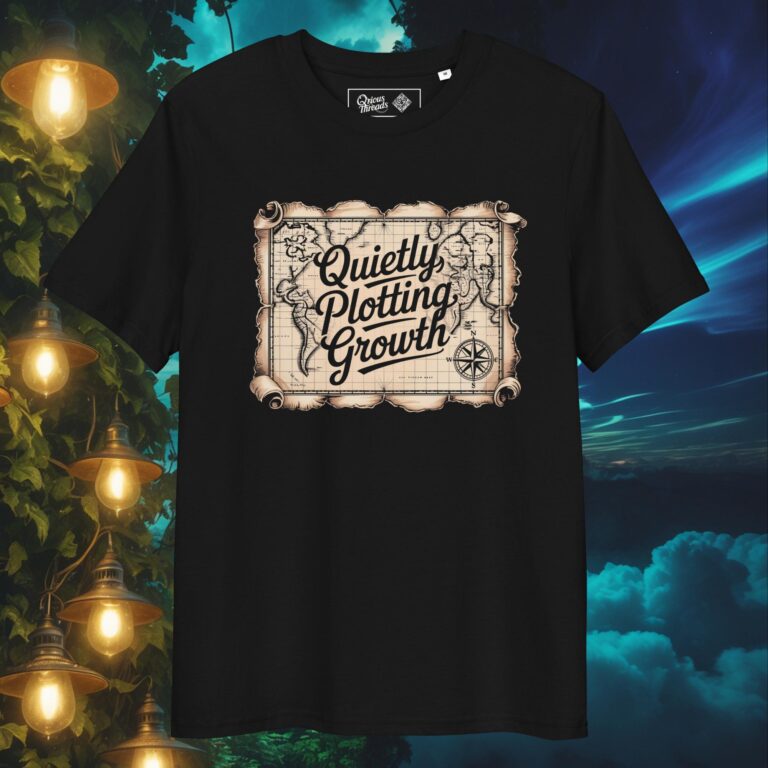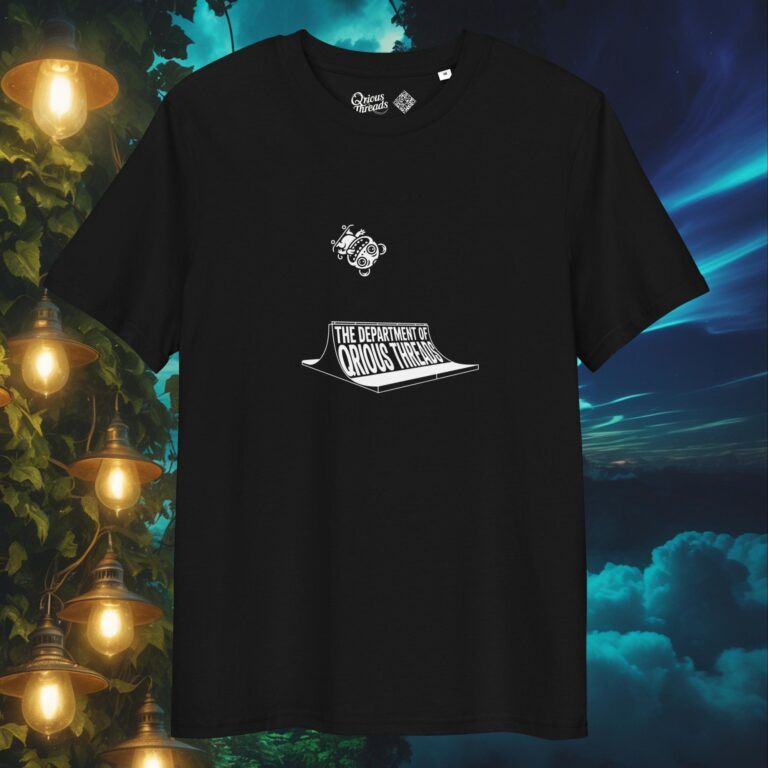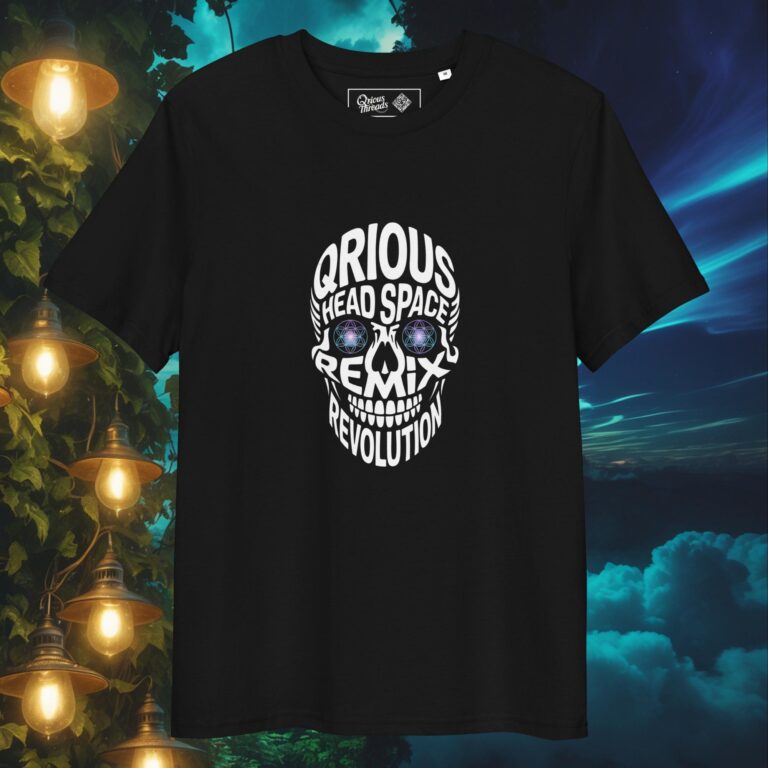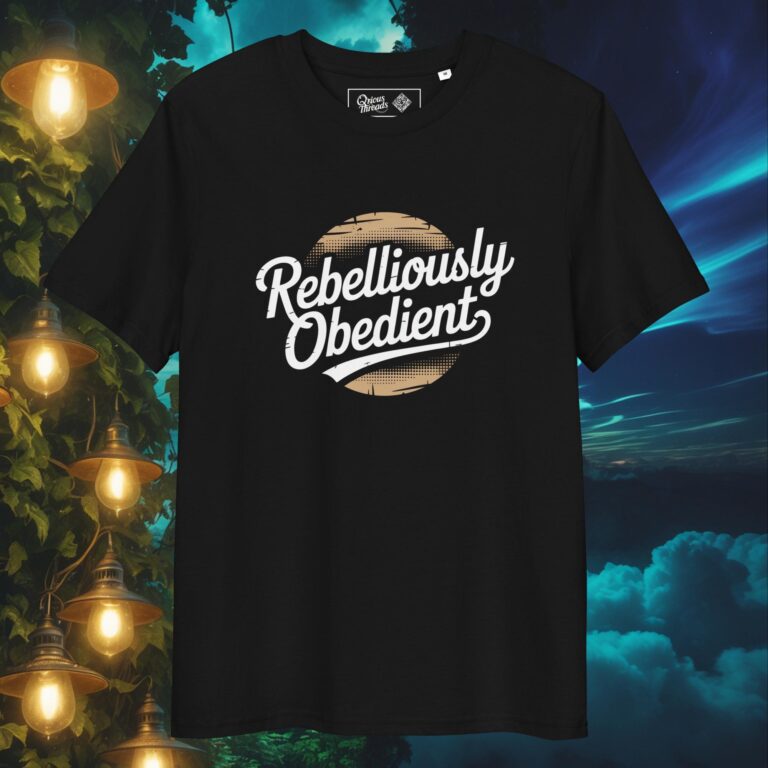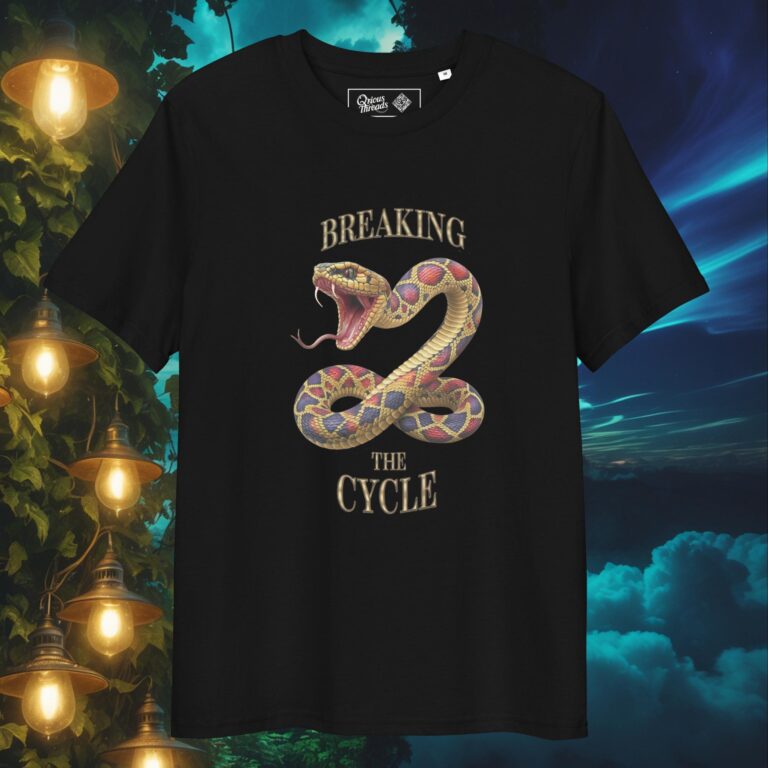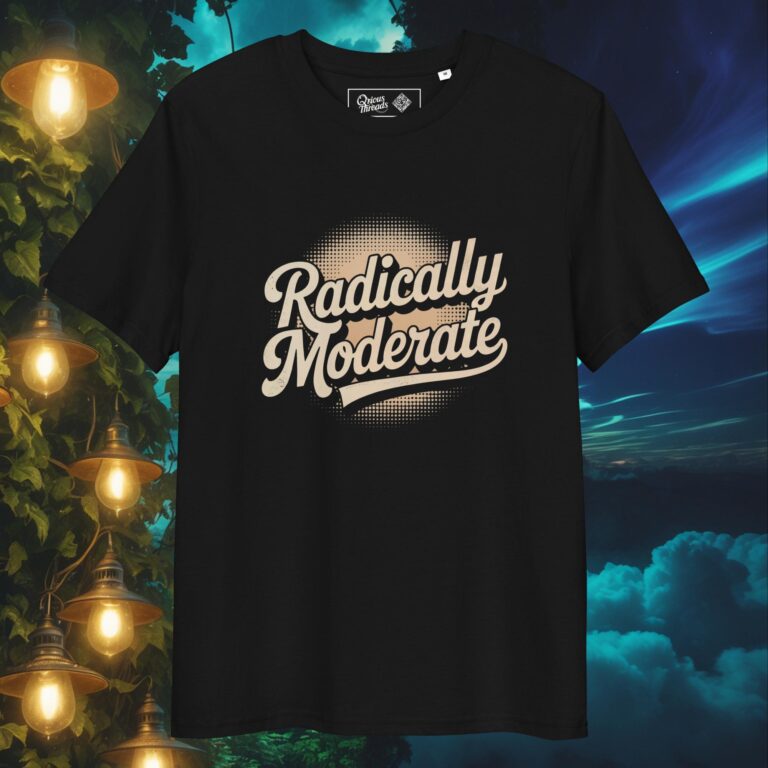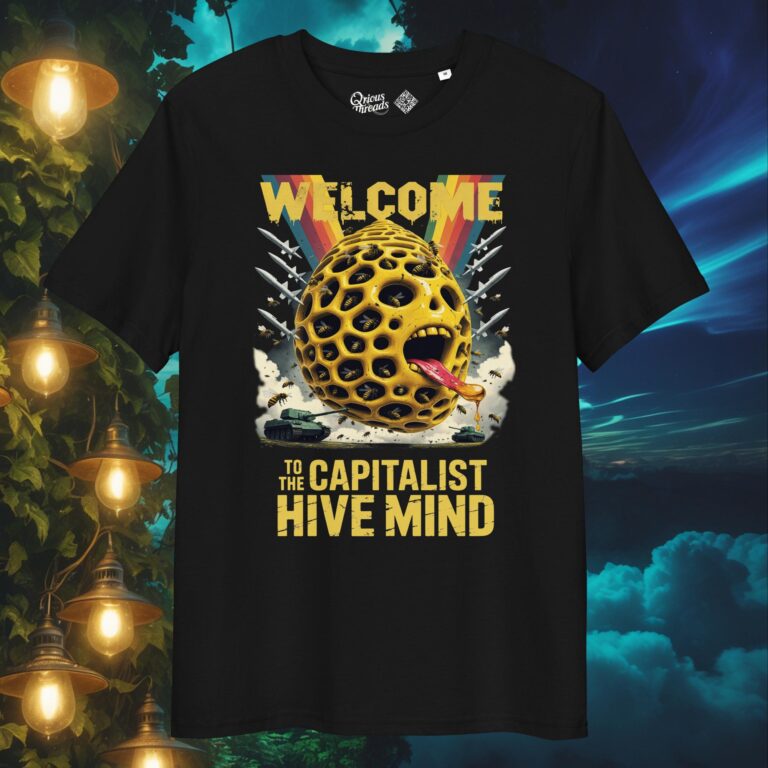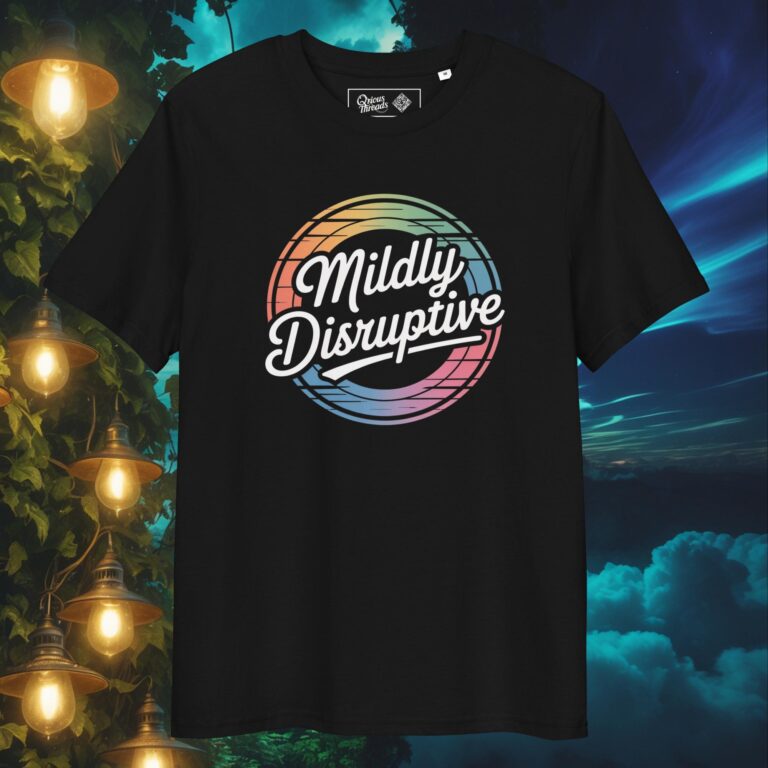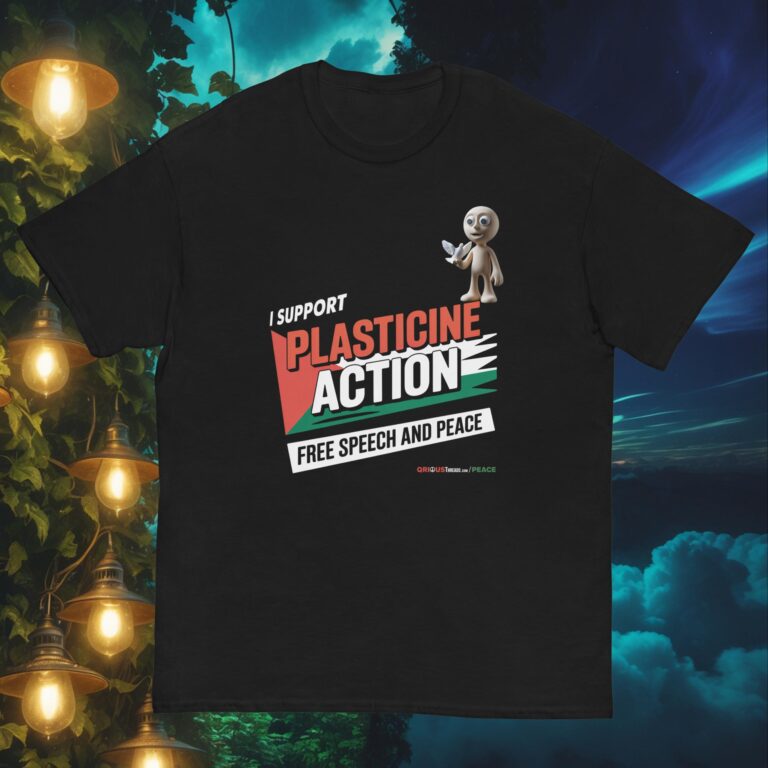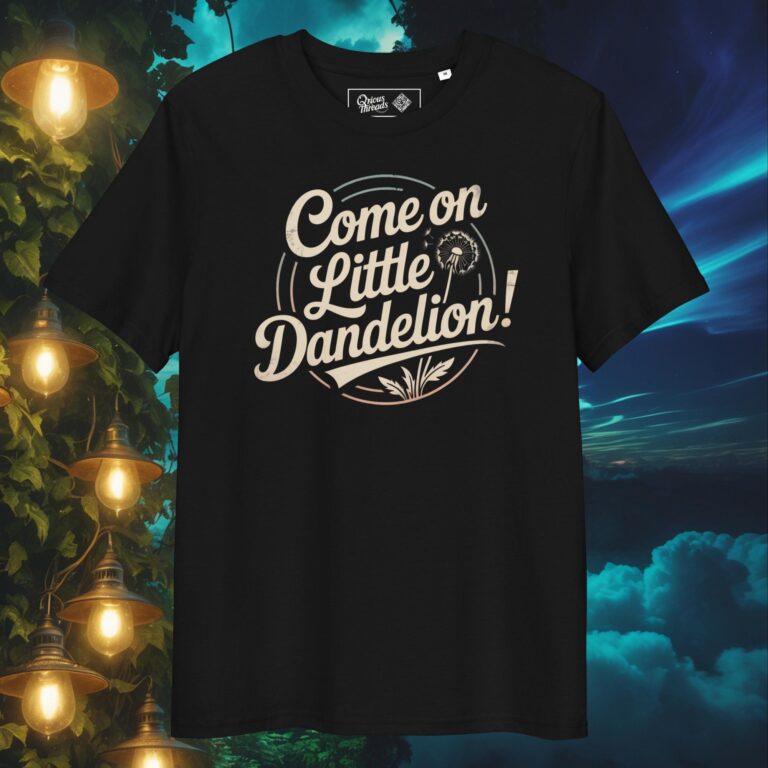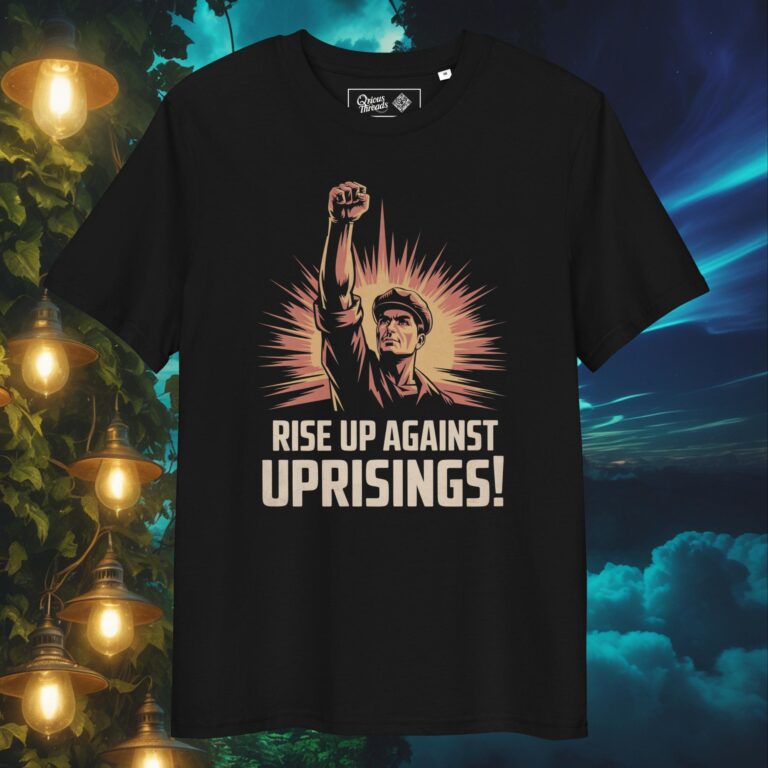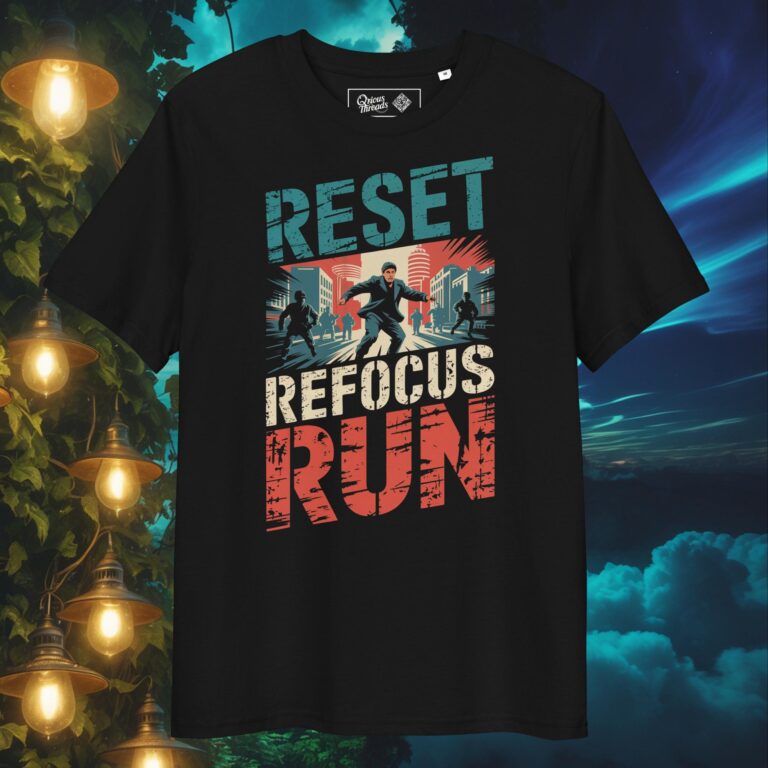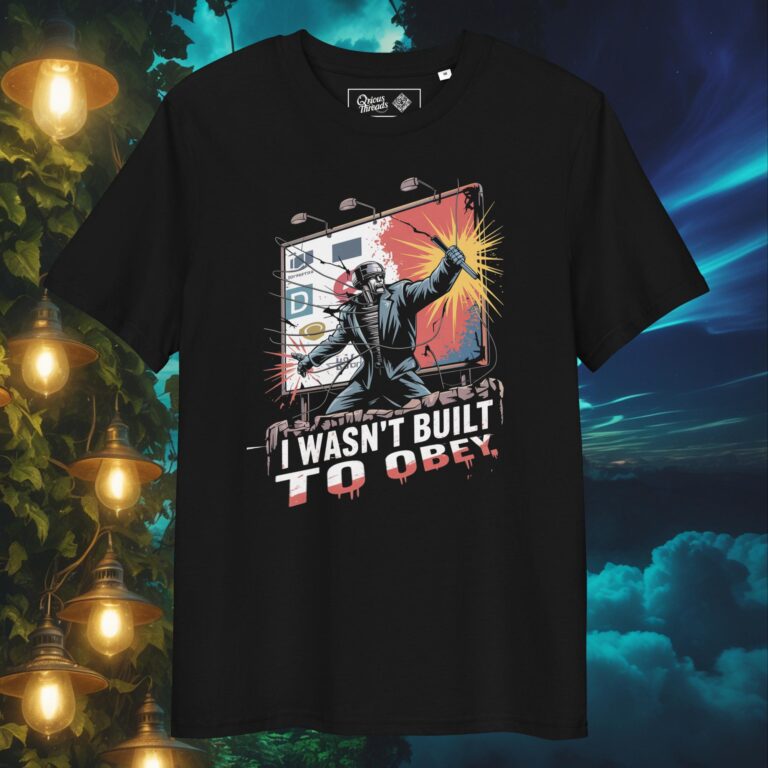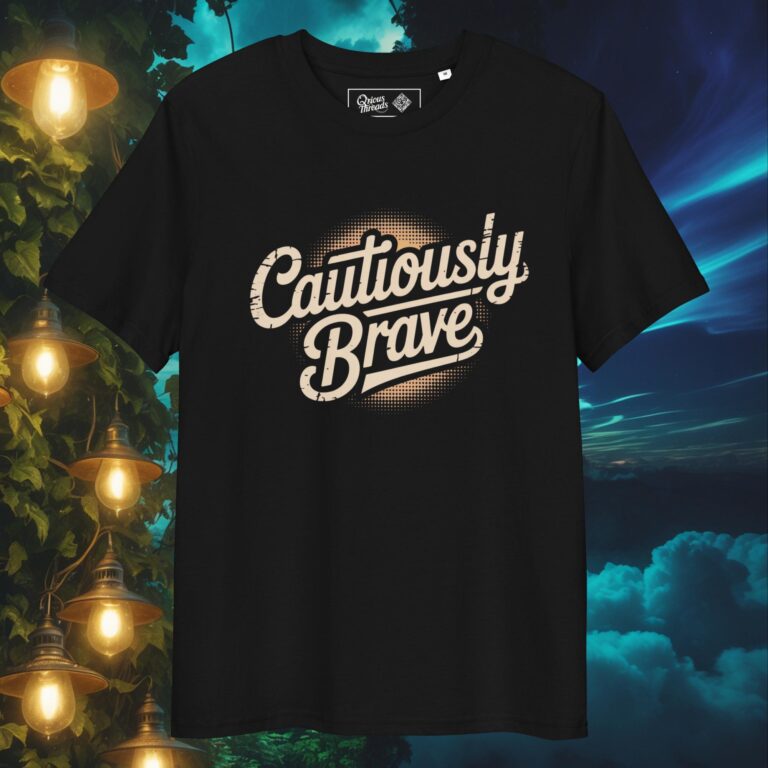Here’s an uncomfortable truth: most of our daily decisions aren’t actually ours. They belong to a committee of past selves, disappointed teachers, anxious parents, advertisers, lying politicians and that kid who laughed at our haircut in 1997. Your subconscious has been collecting their opinions for decades, filing them under “Universal Truths” and they’ve been running your life accordingly.
The Money Time Machine Example
Take someones relationship with money. Maybe their seven-year-old self overheard their Mum saying “we can’t afford that” with a particular tone of shame, and now their adult brain interprets every price tag as a personal judgment. They might earn decent money but still buy cheap, apologise for spending on themselves, and feel guilty about a coffee they can actually afford (and probably should enjoy if they choose to buy it). Why could it be that someones inner seven-year-old might still be worried about disappointing their Mum, whilst not even detecting this might be an issue?
The Invisible Board of Directors
The problem isn’t that we have limiting beliefs. Everyone does. The problem is that many people never realise they’re being governed by invisible rules that they never consciously chose. We think we’re the CEO of our own experience, but we’re actually middle management, implementing policies written by people who haven’t worked here for years and stored in long forgotten filing cabinets.
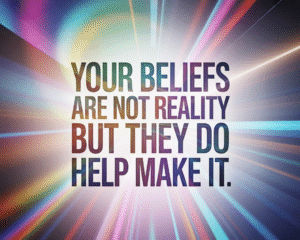
The Archaeology of Self-Sabotage
Subconscious beliefs operate like outdated background apps on our phones, quietly draining our battery whilst giving poor or unwanted results. We forget we’ve got seventeen different ones running behind the scenes, slowing everything down, when one good new one would do so much better!
These subconscious beliefs are like policies and procedures we wrote long ago, but still follow on autopilot. Like a company handbook from 1987 that still dictates how the 2025 team operates. “Always defer to authority figures” made sense when we were eight and needed to survive school. It’s less helpful when we’re thirty-eight and need to negotiate our salary that’s not risen for 7 years.
Consider the belief “don’t get too excited about good things because they’ll be taken away.” Perfectly logical when we were twelve and our parents used privileges as punishment tools. Completely counterproductive when we’re adults trying to enjoy success, celebrate wins, or feel genuinely happy about positive changes in our lives.
These aren’t conscious choices. They’re mental muscle memory. We’re not actively deciding to sabotage ourselves. We’re just running on code written by someone who had different priorities, different fears, or beliefs, and a much smaller understanding of how the world actually works for us right now!
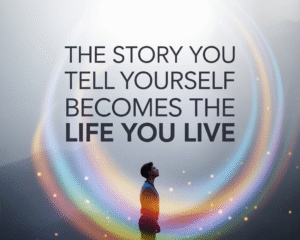
The seven year old who learned “money causes arguments” might still be influencing the thirty seven year old’s financial decisions, even though that adult has completely different circumstances, relationships, and resources.
The real kicker? We defend these beliefs like they’re sacred truths rather than outdated survival strategies. We’ll argue for our limitations more passionately than we’ll fight for our new potential.
The Love Addict Who Runs From Happiness
Consider Sarah, who wants love but somehow always chooses partners who are “almost available.” Her teenage brain decided that fully available people were boring because her first crush ignored her until she dated someone else. Now she’s thirty-two and addicted to the chase, mistaking anxiety for passion and wondering why healthy relationships feel “too easy.”
The Brilliant Invisible Man
Or James, who’s brilliant at his job but always avoids making important presentation. His twelve-year-old self learned that standing out meant getting picked on, so now his adult brain protects him by ensuring he stays safely mediocre in public moments. He wants success but his subconscious thinks visibility equals danger.
The Critic
Then there’s Emma, who talks to herself like a particularly cruel critic. At fifteen, she decided that being hard on herself would prevent others from rejecting her first. Two decades later, she’s still trying to beat herself into perfection, exhausting herself with standards no human could meet. Unfortunately she also is very critical of others which is the main cause of her problems.
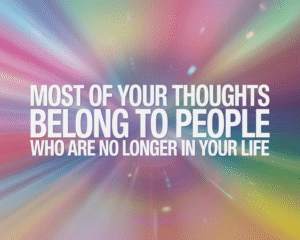
When Protection Becomes Prison
The twisted genius of limiting beliefs is how reasonable they feel. They masquerade as wisdom, protection, or simple realism. These aren’t character flaws. They’re what seems to make us “Us” or the things that keep us safe but in reality they might be outdated survival strategies that overstayed their welcome or have simply refused to evolve with you.
The Rewrite Revolution
The good news? Beliefs aren’t carved in stone. They’re more like software updates we forgot to approve. Once we spot them lurking in our mental code, we can debug the whole system without having to rake continuously over a past that no longer exists.
Step One: Become a Detective of Your Own Mind
Start with detective work. Notice when you automatically think “I can’t afford that” while checking our bank balance, or “they’re too good for me” about someone clearly interested, or “I’ll mess this up” before you’ve even tried. Follow the thought backwards. Whose voice is that, really? What were the circumstances when that belief first made sense?
Step Two: The Conscious Rewrite
Then comes the rewrite. This isn’t about plastering positive affirmations over deep wounds. It’s about consciously choosing new operating principles based on who you are now, not who you needed to protect back then.
When Reality Shifts
When someone changes a core belief, reality doesn’t just look different. It literally becomes different. That coffee stops feeling like a moral failing and you decide to have it and enjoy it, or walk on by. Healthy relationships stop feeling boring and new things flourish. Speaking up stops feeling dangerous. Bank accounts, mental freedom, and careers stop being run by committee and start getting run by the updated you.
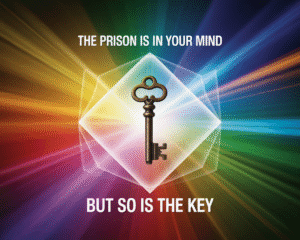
The Choice Point
Our subconscious isn’t malicious. It’s just very, very committed to keeping us alive and safe using strategies that worked when we were much smaller, when the world felt much bigger. But we’re not those people anymore, and those old rules don’t fit our current lives.
The Question That Changes Everything
The question isn’t whether we have limiting beliefs. The question is whether we’re qrious enough to find them and mindful enough to update them.
Your Next Move
Peace
Spend ten minutes identifying one belief that might be running decisions without permission. Check bank statements, notice relationship patterns, or observe self-talk. Just notice without judgment.
Action
Choose one small behaviour this week that contradicts an old limiting belief. Buy the nicer thing that’s affordable, face a problem you’ve been avoiding, or text the person that’s interesting, or speak up in that meeting.
Discussion
What invisible rule have you been following that might not actually be yours? Share archaeological discoveries to yourself and watch others recognise their own buried beliefs around you.
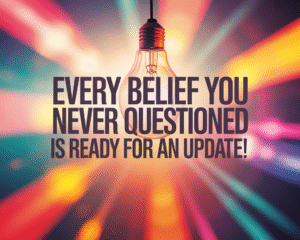
The Revolution Starts Here
Change starts in our heads. Everything else follows.
